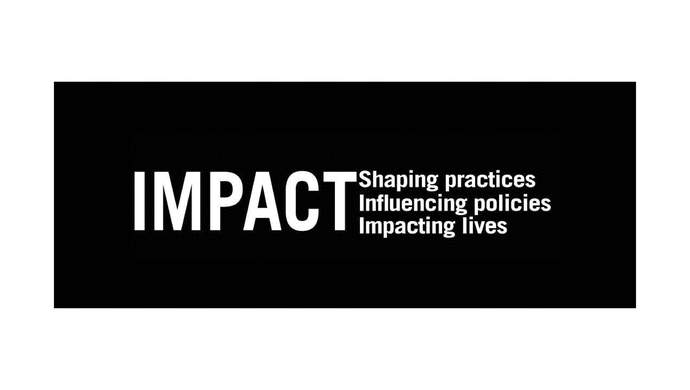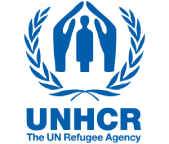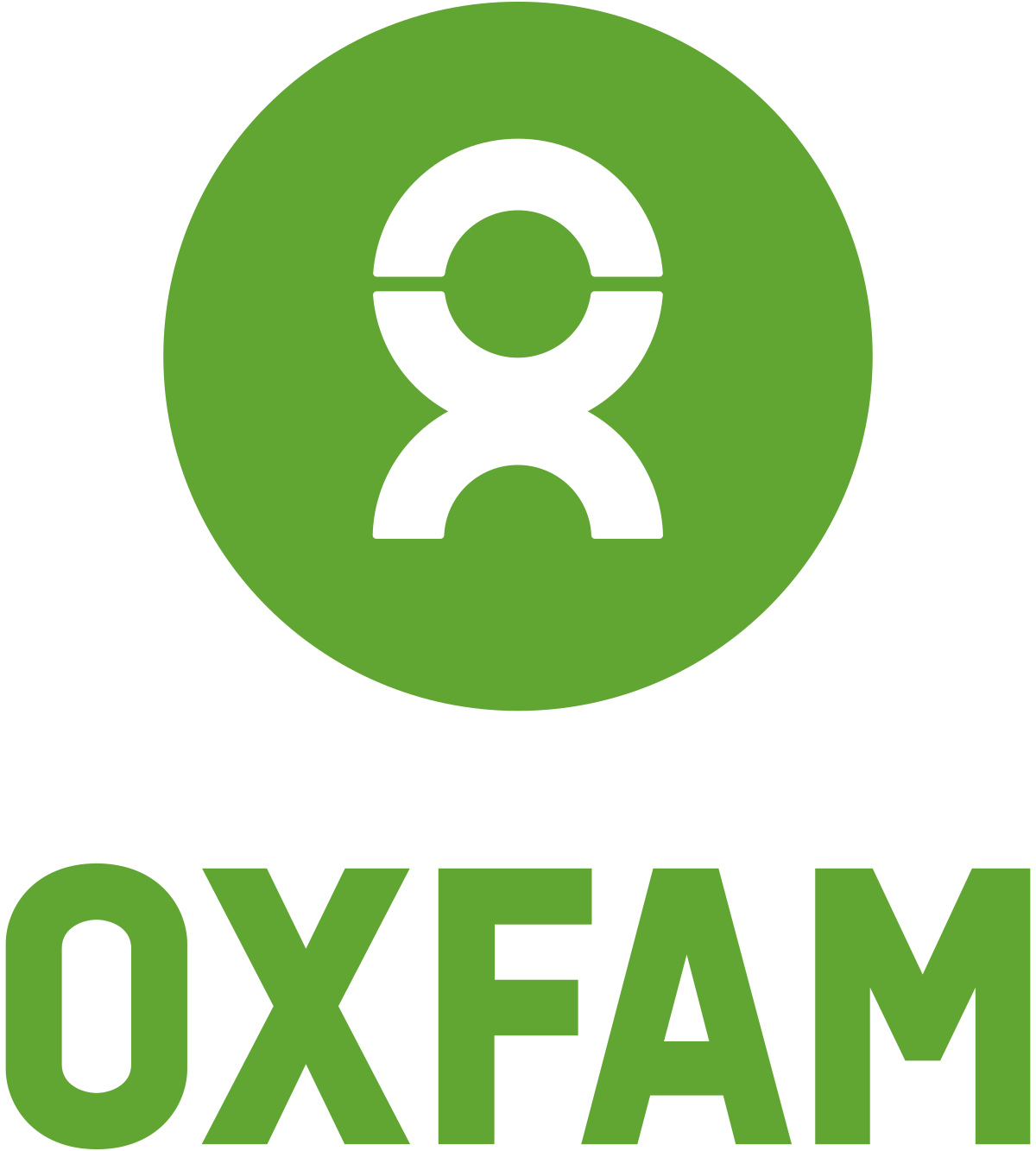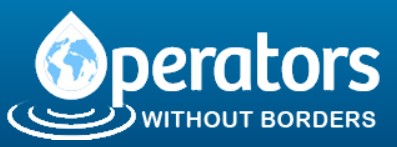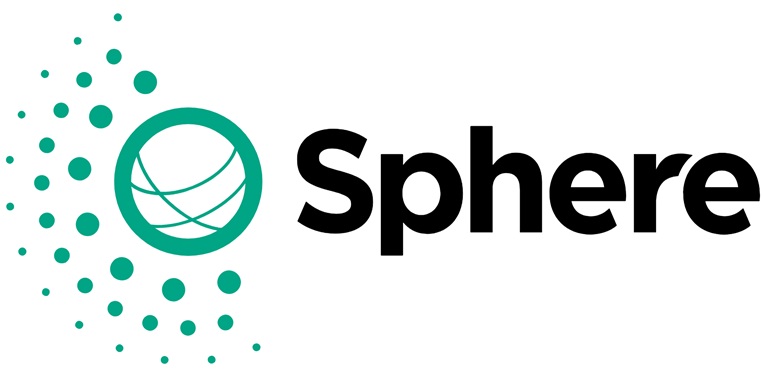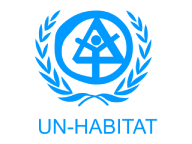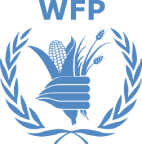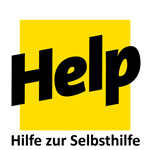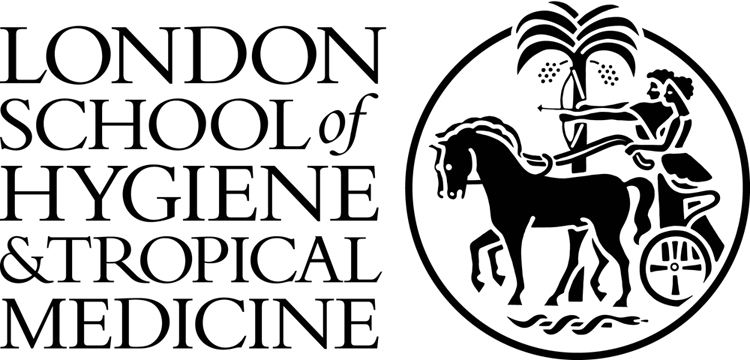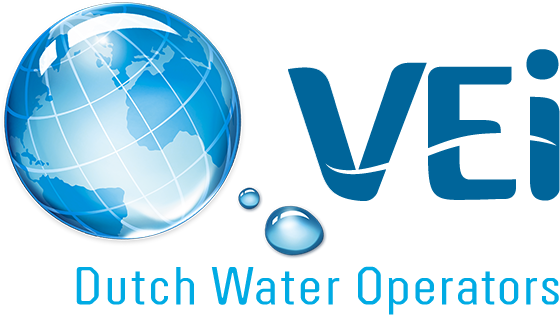GWC Helpdesk
Contact GWCLatest updates

Underfunding is barrier to providing WASH assista..
In OCHA's Global Humanitarian Overview (GHO) Mid-year 2024 update, the GWC reported that more than 100 million targeted people (42%) globally have not received water, sanitation and hygiene (WASH) assistance du...
Read more
Seventh Edition of the GWC Newsletter 2024
As we enter the second half of 2024, we bring you a rich and diverse array of news, key updates, and events from GWC CAST, National Coordination Platforms (NCPs), GWC members, and partners such as UNICEF, OCHA,...
Read moreHighlights
Who We Are?
The Global WASH Cluster (GWC) operates on the principles of coordinated partnership, promoting holistic, people centred and inclusive humanitarian responses in the WASH sector in over 30 countries. Currently, the GWC membership has 92 members, and 3 standing observers
What We Do?
The Global WASH Cluster’s (GWC) Strategic Plan sets out the key priorities based on a broad consultation across key stakeholders. It describes how the GWC intends to meet the commitments associated with the 6+1 core functions.
Operational Support
Provide timely operational support to national and sub-national humanitarian WASH coordination platforms to meet the TA 6+1 core functions and improve Humanitarian WASH service delivery.
Capacity and Learning
Ensure that key WASH stakeholders (sub-national, national and global) have the capacity to coordinate and deliver an appropriate and timely response in emergency.
Advocacy
Influence and advocate for an effective humanitarian WASH coordination response and funding.
Knowledge Management
Provide to the Humanitarian WASH actors a timely access to appropriate and accurate knowledge on coordination and response.
Where We Work
Legend
- High Priority
- Medium Priority
- Low Priority
Key Figures for 2023
*This data was collected through a Global Wash Cluster HRP/ Appeal Database in 2023.
More information in the interactive GWC HRP dashboard.
Operational Support
Field Support Team
The Field Support Team (FST) mechanism is the principle means for the GWC to provide Operational Support to National Humanitarian WASH Coordination Platforms (NHWCP).
Coordination Toolkit
The Coordination Toolkit (CTK) is an online guidance manual for cluster coordinators and coordination teams to access comprehensive support on humanitarian WASH coordination.
Helpdesk
The GWC Helpdesk supports National Humanitarian WASH Coordination Platforms (NHWCP) through remote support activities, capacity development, direct missions and more.
Capacity and Learning
The GWC has developed a training offer for both partners and staff involved in coordination. It includes e-learning and face-to-face courses that can be tailored to country needs.
































